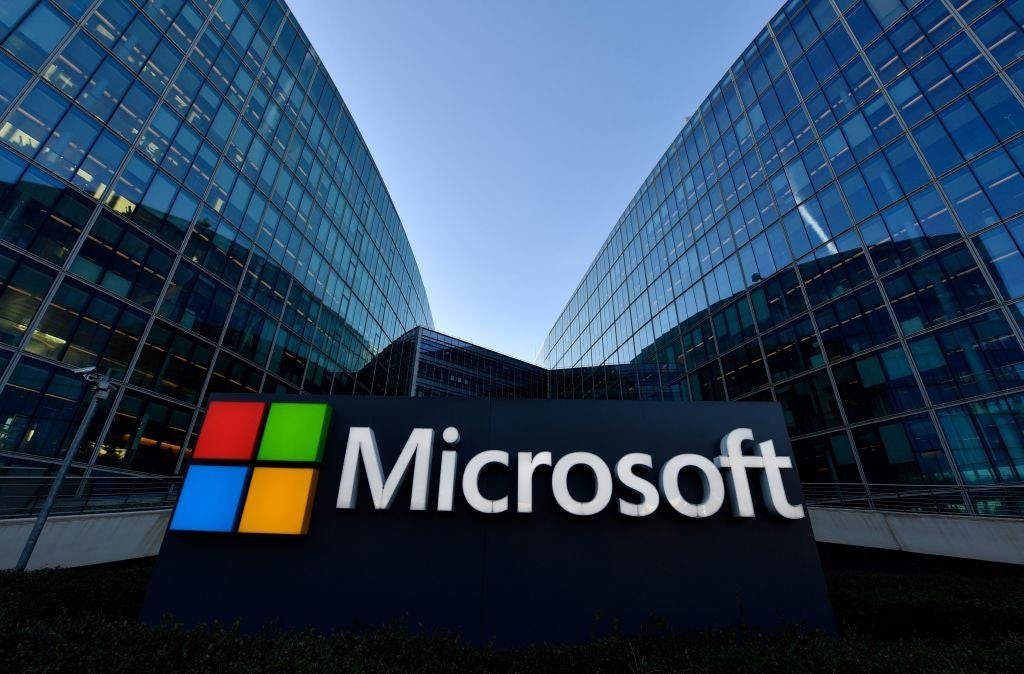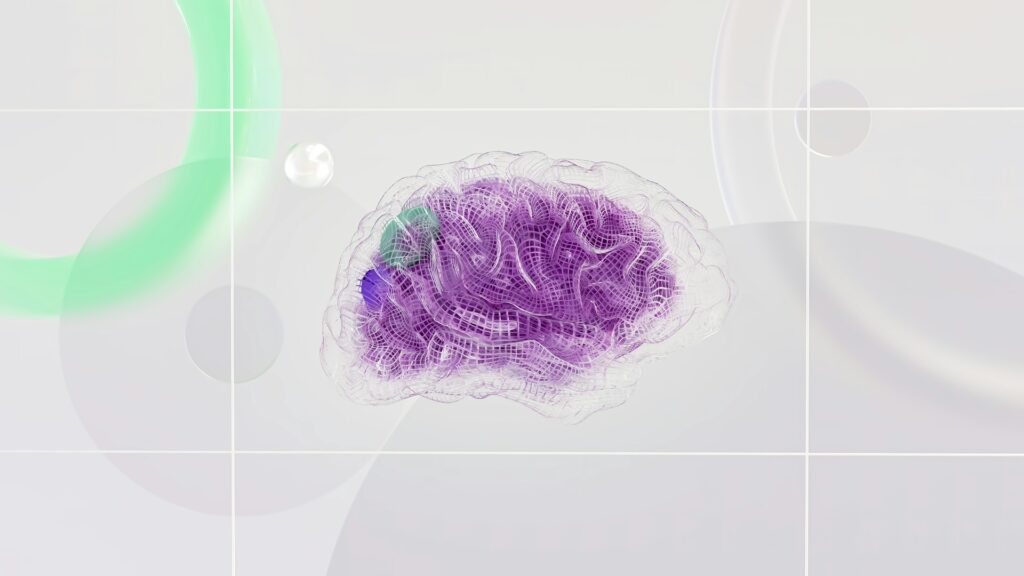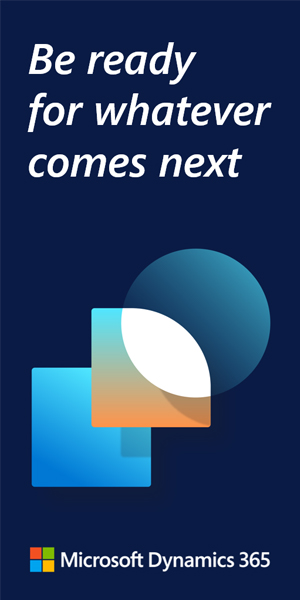Announced at Microsoft Ignite, the company unveiled two custom-designed chips and integrated systems – the Microsoft Azure Maia AI Accelerator and the Microsoft Azure Cobalt CPU.
The Microsoft Azure Maia AI Accelerator is optimized for AI tasks and GenAI and the Microsoft Azure Cobalt CPU is an Arm-based processor, tailored to run general-purpose compute workloads on the Microsoft Cloud.
The chips will begin to roll out early next year to Microsoft’s datacenters, initially powering the company’s services such as Microsoft Copilot or Azure OpenAI Service. They will join an expanding range of products from industry partners to meet the growing demand for scalable and sustainable compute power.
The company also announced the general availability of Azure Boost, a system that makes storage and networking faster by taking those processes off the host servers onto purpose-built hardware and software.
In addition to this, Microsoft also announced it is expanding industry partnerships to provide more infrastructure options for customers. The company launched a preview of the new NC H100 v5 Virtual Machine Series built for NVIDIA H100 Tensor Core GPUs, offering greater performance, reliability and efficiency for mid-range AI training and GenAI inferencing.
Microsoft will also add the latest NVIDIA H200 Tensor Core GPU to its fleet next year to support larger model inferencing with no increase in latency.
Scott Guthrie, executive vice president of Microsoft’s Cloud and AI Group, said: “Microsoft is building the infrastructure to support AI innovation and we are reimagining every aspect of our datacenters to meet the needs of our customers.
“At the scale we operate, it’s important for us to optimize and integrate every layer of the infrastructure stack to maximize performance, diversify our supply chain and give customers infrastructure choice.”
Rani Borkar, corporate vice president for Azure Hardware Systems and Infrastructure (AHSI), said: “The end goal is an Azure hardware system that offers maximum flexibility and can also be optimized for power, performance, sustainability or cost.
“Software is our core strength, but frankly, we are a systems company. At Microsoft, we are co-designing and optimizing hardware and software together so that one is greater than two.
“We have visibility into the entire stack and silicon is just one of the ingredients.”





